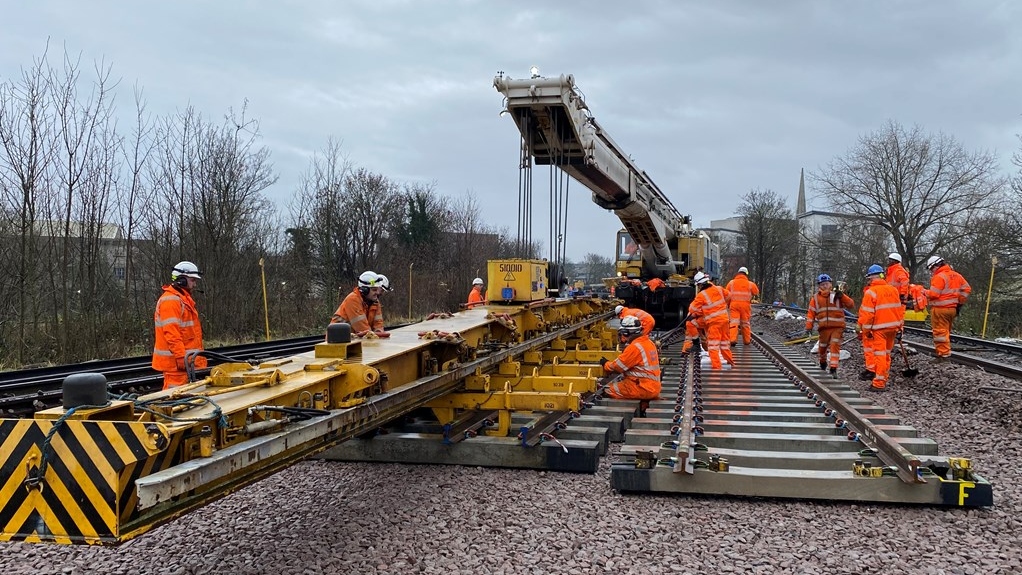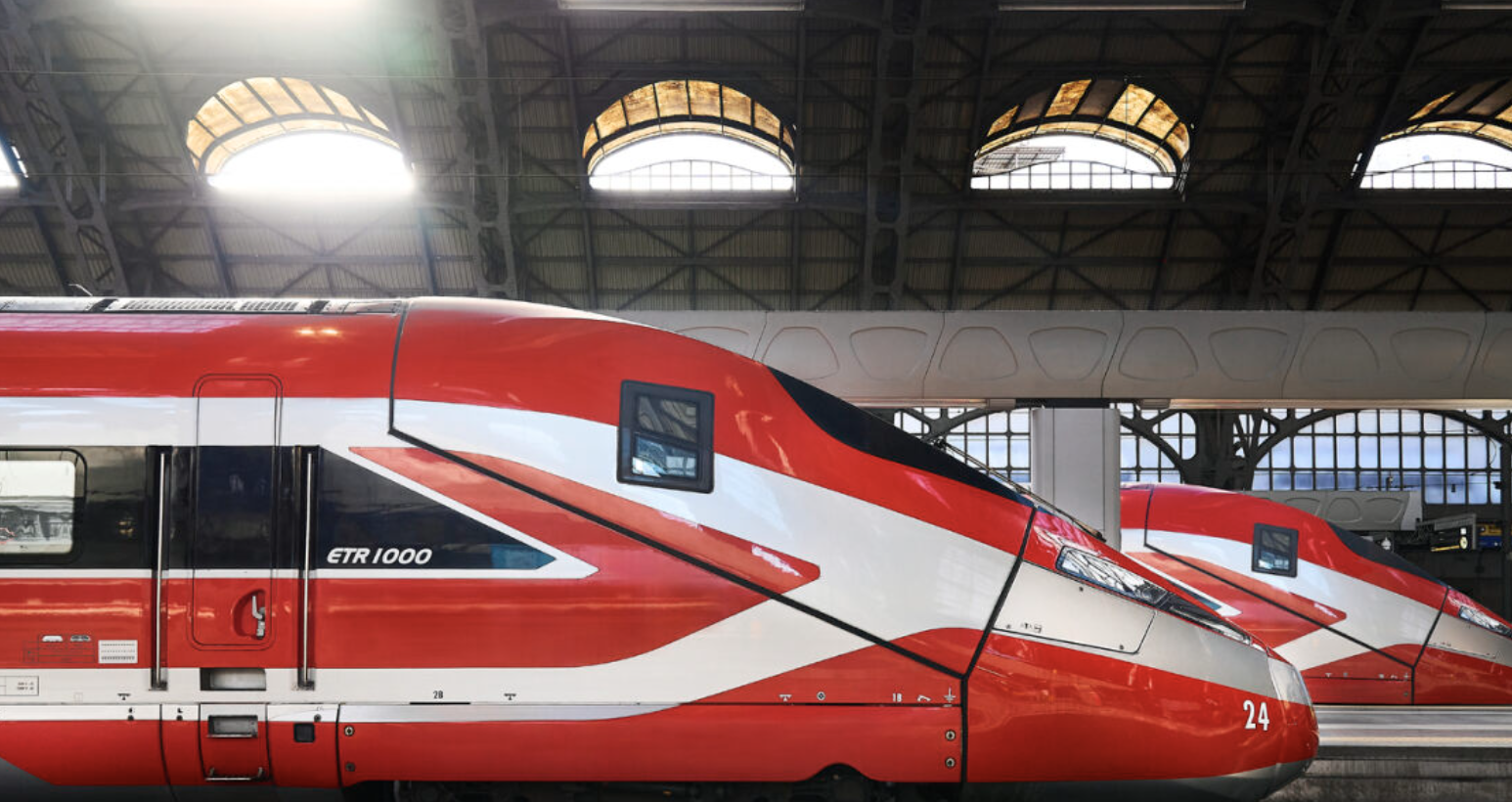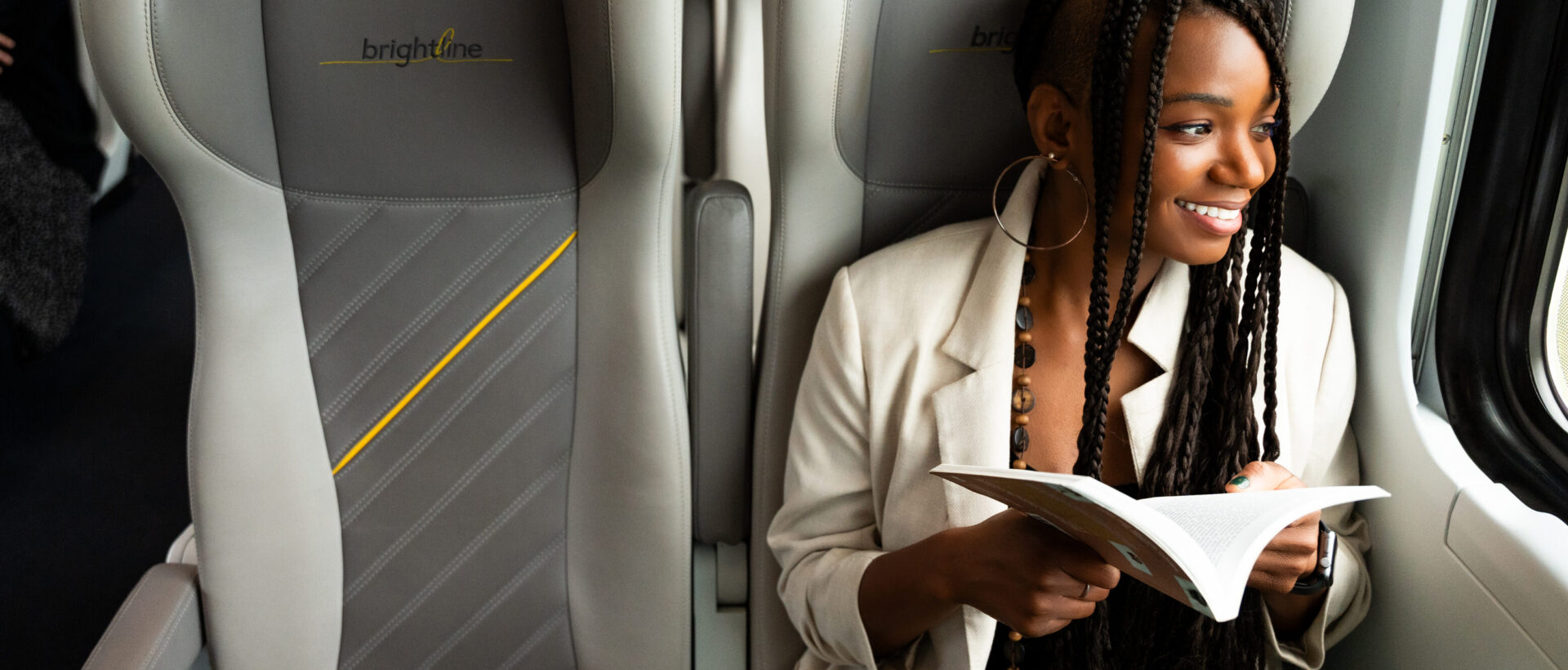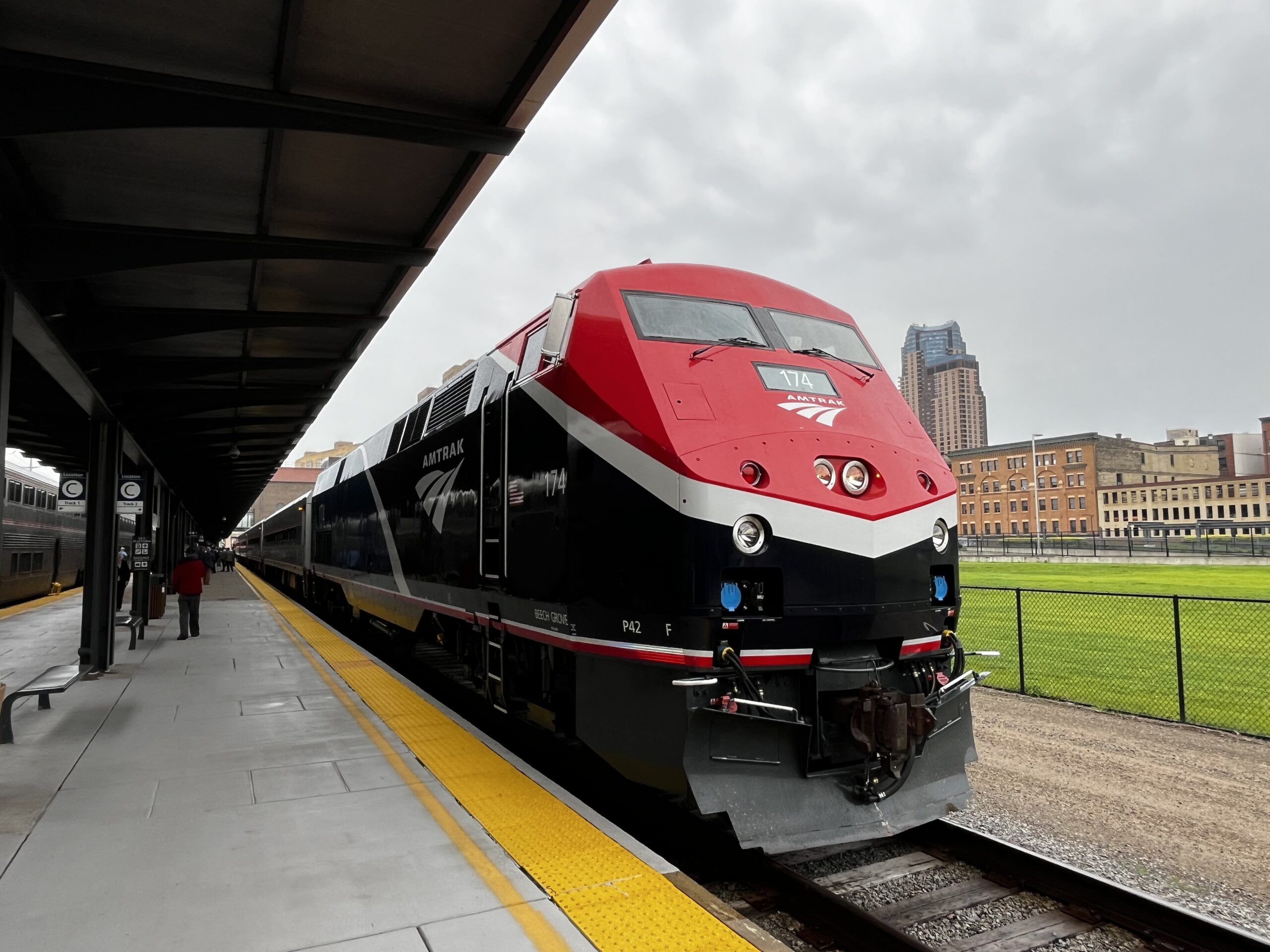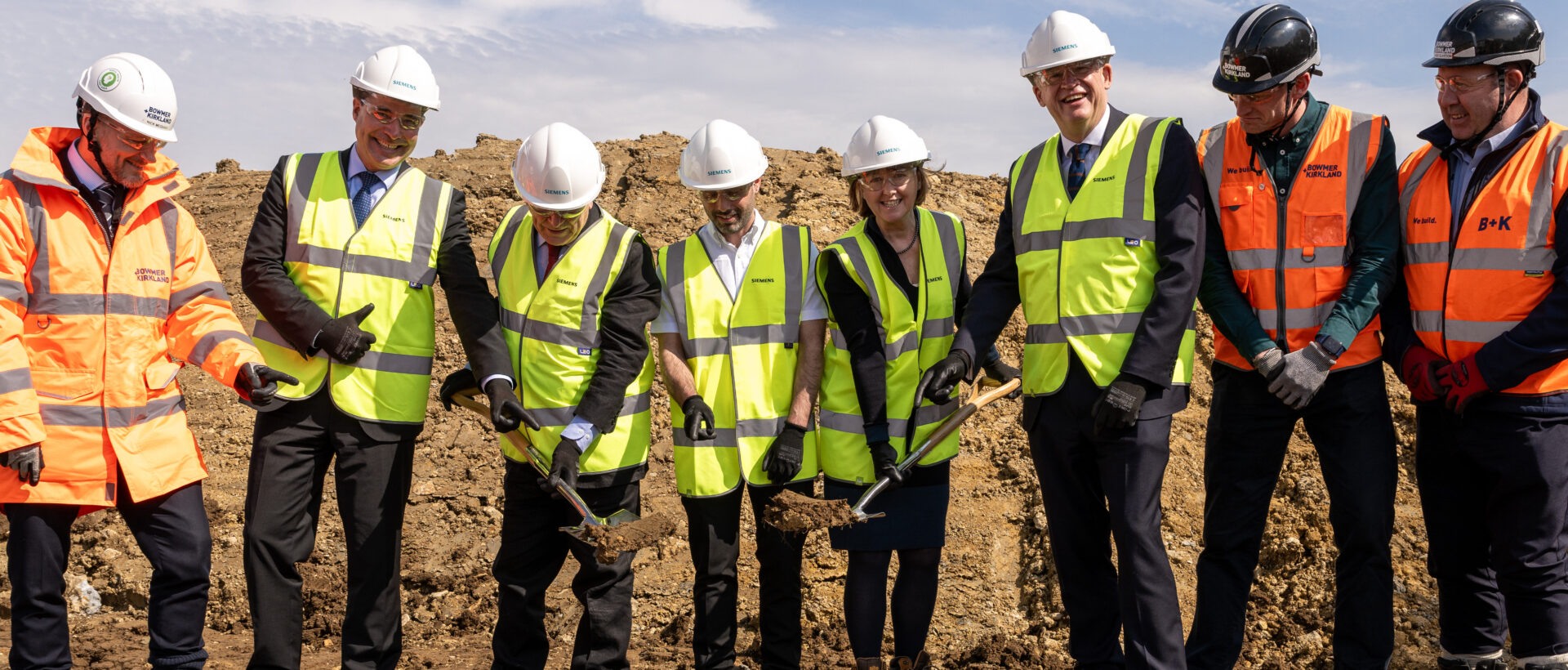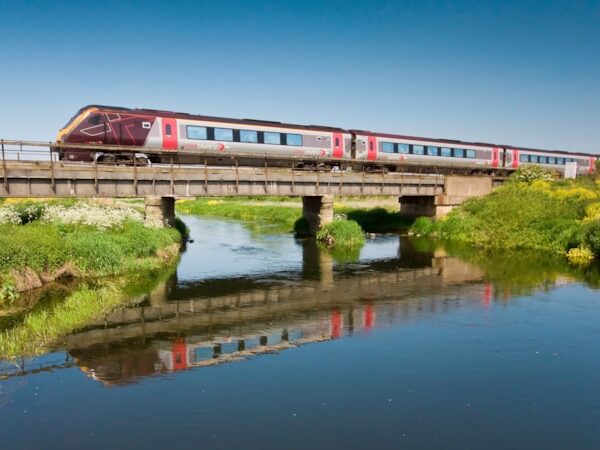New research published by the Department for Transport (DfT) indicates that leisure is now the most common reason people travel by train in Great Britain, with more than half of surveyed rail passengers citing leisure as their primary purpose.
The findings are based on a nationwide passenger survey conducted by the DfT to better understand how people are using the rail network in a post-pandemic context.
The results show that 54% of respondents said they travelled by train for leisure, while 30% used the service to commute for work or education. A further 15% reported travelling for business purposes.
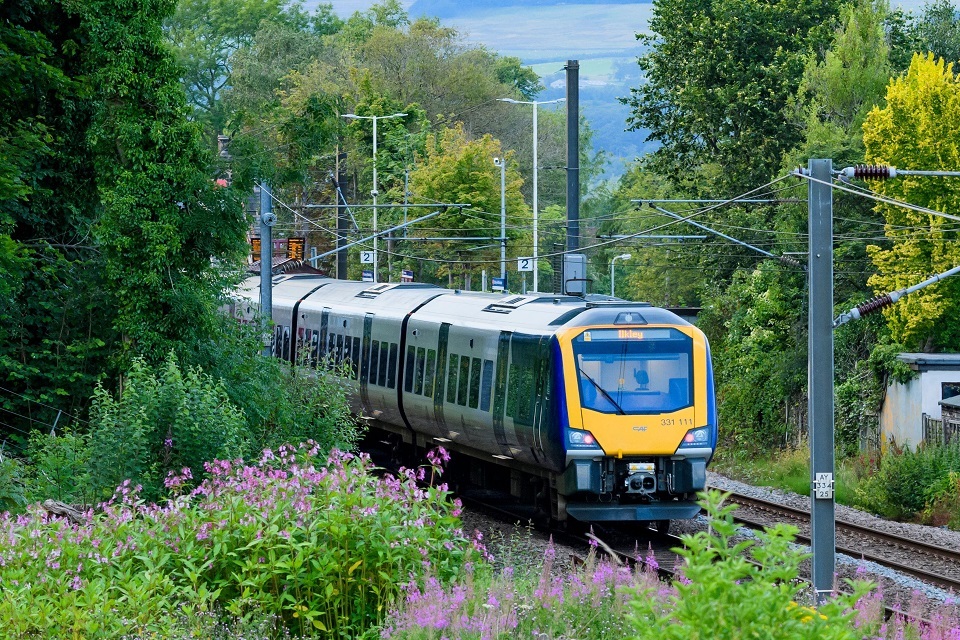
The research also highlighted that many passengers travel frequently, with around 61% of those surveyed saying they took the train for leisure at least once a month.
Meanwhile, 41% of respondents used rail for commuting at least weekly, with Tuesday, Wednesday and Thursday emerging as the most popular commuting days. This trend reflects broader changes in working patterns, including the shift towards hybrid or flexible office attendance.
Rail Minister Lord Peter Hendy said:Our railway is the backbone of our economy, connecting people across the country and fuelling business, growth and opportunity, supporting the Plan for Change.
This research shows thousands of passengers choose the train for their leisure travel. To go and see family and friends, go on holiday or go to big events whether its concerts, festivals or a football match, the train is the best way to get there.
The findings come as the government continues efforts to reform the railway sector. This includes transitioning train operating companies to public ownership and creating Great British Railways, an organisation intended to unify the management of infrastructure and services.
The DfT states that improving punctuality, reducing cancellations, and making journeys more affordable will be key to sustaining the positive trends seen in leisure travel and building trust with passengers.
Arguably, the increased shift towards leisure travel could justify the need for more services at weekends and holidays. Meanwhile, the network should also work to remain desirable to commuters so that passenger numbers do not decrease in post-pandemic Britain.
Ben Plowden, Chief Executive of Campaign for Better Transport, said:Rail enriches our lives and supports the leisure and tourism sector. Every time a leisure traveller chooses rail, it reduces traffic on our roads, air pollution and carbon emissions, so Government and rail industry need to make sure they are meeting the needs of leisure travellers. This includes affordable fares, space on board for luggage and bikes, and managing work on the network so it minimises disruption to services during busy holiday periods and sporting fixtures.
The Government's rail reform programme needs to create a railway fit for the future that reflects changing travel patterns. But rail must also work to retain and increase commuting and business travel. The annual rail fare rise cannot continue while fuel duty for drivers remains frozen - this is a clear disincentive to rail commuting. And the Government should encourage businesses to adopt a rail-first travel policy and make rail fares competitive with flying, to encourage more people to chose the train for business travel.

















